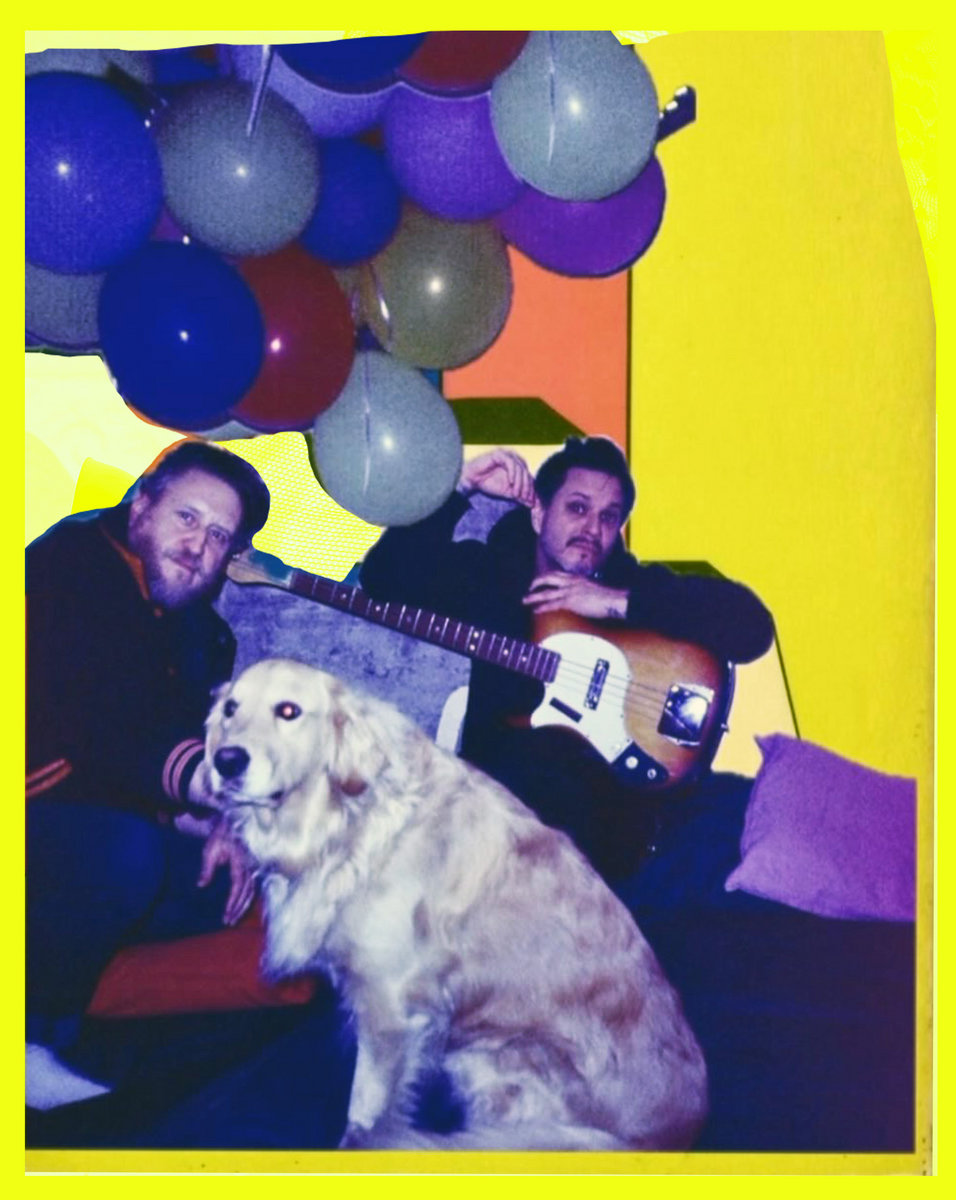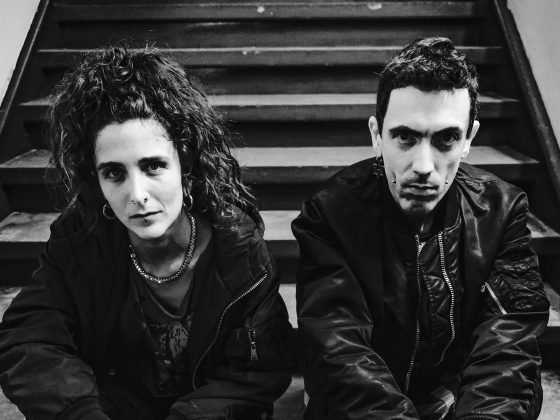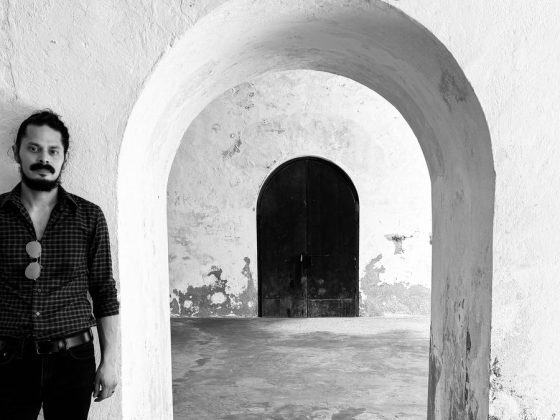I know how the system works
I know how the people work
I know how the system works
And it doesn’t
The world’s gone topsy-turvy, like some cosmic trickster decided to flip the board game of life and shake all the pieces. Mentioning we’re in an era of seismic change and chaos feels almost quaint, like saying water is wet. Montreal’s We Are Wolves, in their sixth album, seem to have decided that if the world’s ending, we might as well go out with a bang and a fiery dance. Sure, you could label it dystopian dance-rock, but really, it’s more like a magical incantation, a way to turn The End into just another phase. For a while, amid the chaos, it gives us something to groove to.
When Alexander Ortiz and Vincent Levesque hit the early 2000s Montreal music scene, they brought chaos. Eschewing the “rock’n’roll revival,” they favored analogue synthesizers and drum machines over white belts and guitars. Their heavily rhythmic, primitive sounds, combined with primal scream vocals, anticipated the dance/art/punk explosion of LCD Soundsystem and Bloc Party.
Now, We Are Wolves have unleashed their scorching new single Transition, marking their first release since 2019’s La main de Dieu. Think of it as “dystopian dance-rock,” drawing you in with swelling synth and irresistible booming drums. With Transition, We Are Wolves weave together synth rock, garage rock, cold wave, post-punk, cumbia, tropical psych, and ’90s alt-rock, resulting in a mixtape that spans decades and continents. Themes of confusion and alienation dance hand-in-hand with the sharp precision of expert pop craftsmanship.
“Transition is about the exaggerated surplus of information we’re constantly confronted with,” says the band. “By trying to navigate through this flow and overstimulation, we find ourselves completely lost, polarized, and dissociated from reality. We’re continually in a state of transition, without ever having a grip or foundation to rely on.”
The world may be aflame, but at least we’ve got some killer tunes to go out with. Featuring the guitar sorcery of Oliver Ackermann from A Place To Bury Strangers/Death By Audio, and Joseph Yarmush of SUUNS, this new album is brought to you by the band’s stalwart label, Simone Records. Self-produced, it was recorded in a variety of places: at Death By Audio NYC with Ackermann (a true alchemist of sound), with Odin Parada in Mexico (because why not add a bit of spice?), and by Vincent and Alex in their studio (a secret lair, no doubt). The final mix was magicked into existence in Montreal by engineer Adrian Popovich (SUUNS, DFA1979, Duchess Says). It’s the perfect soundtrack for dancing on the edge of oblivion.
Listen below or click here:
Post-Punk.com had a few questions for the Montreal maestros:
You mention that “Transition” deals with the surplus of information and overstimulation in modern life. How do you personally navigate these challenges, and how does it reflect in your music?
Hummmm i feel like I don’t. lol….Like I try hard to navigate but can’t. I’m just learning how to float and not drown. A constant struggle. Very interesting but exhausting. It reminds me of the amazing song from Anika, No One’s There.
You recorded the new album in multiple locations, including NYC, Mexico, and your own studio. How did these different environments influence the album’s sound and production?
Definitely the environment, the location and the persons we recorded within Mexico and Nyc influenced those specific songs. But in a strange way they could be interchangeable. The songs recorded in Mexico feel happy and joyful in the vibe even tho I remember feeling very anxious and kinda depressed and the songs recorded in New York with Oliver (from APTBS) are darker and heavier even if I remember feeling happier and less anxious/depressed than the previous session recording in Mexico.
And all the rest that was recorded in Montreal was an in between. An inter zone.
The album blends various genres such as synth rock, garage rock, and cumbia. How did you manage to integrate these diverse influences into a cohesive sound?
This question can be answered with a strange mix of the first and second answers to question 1 and 2 ….It’s because we are constantly struggling with what’s going on around us and inside us that we end up blending different genres in an honest and passionate way.
Follow We Are Wolves:
















 Or via:
Or via: